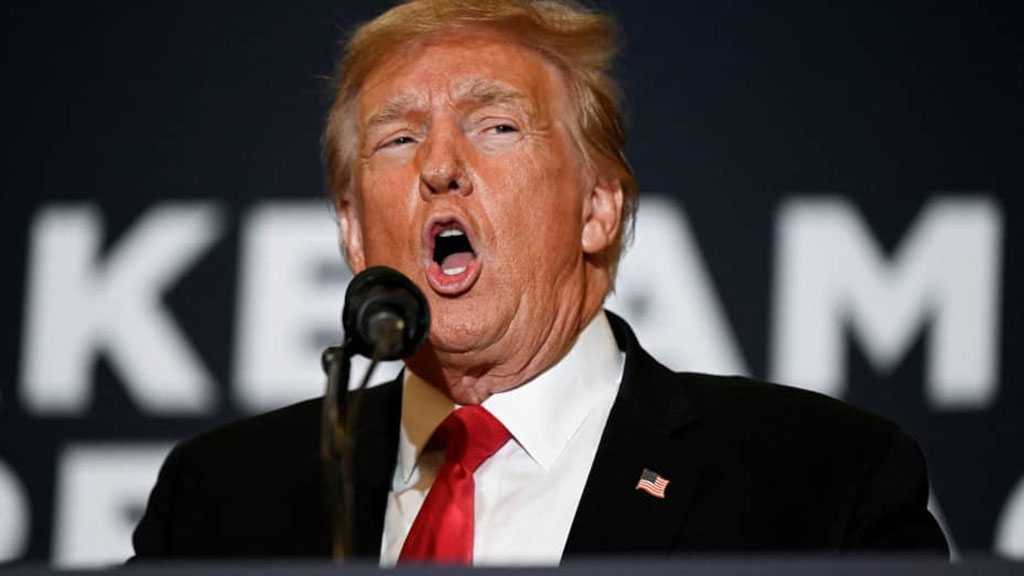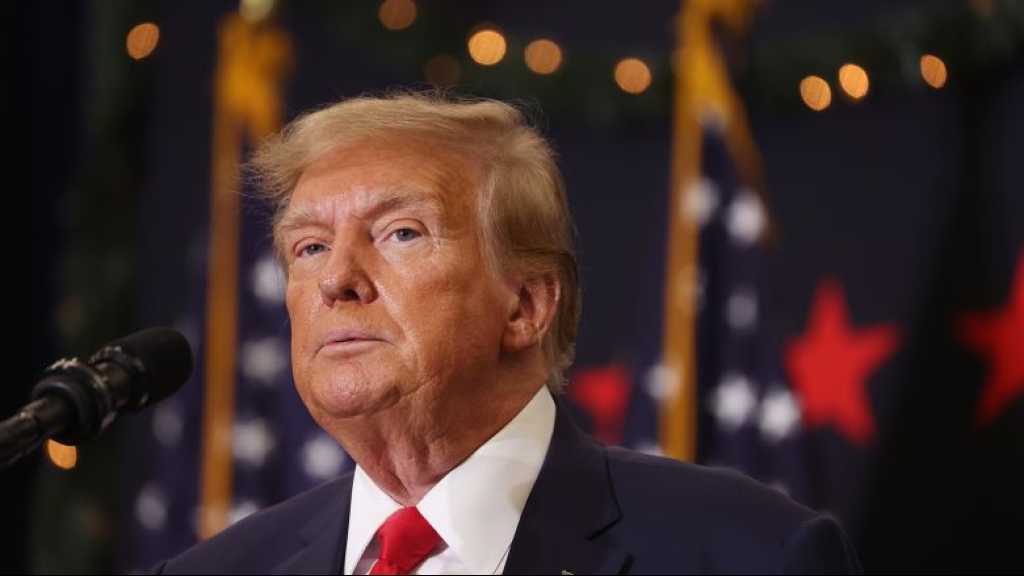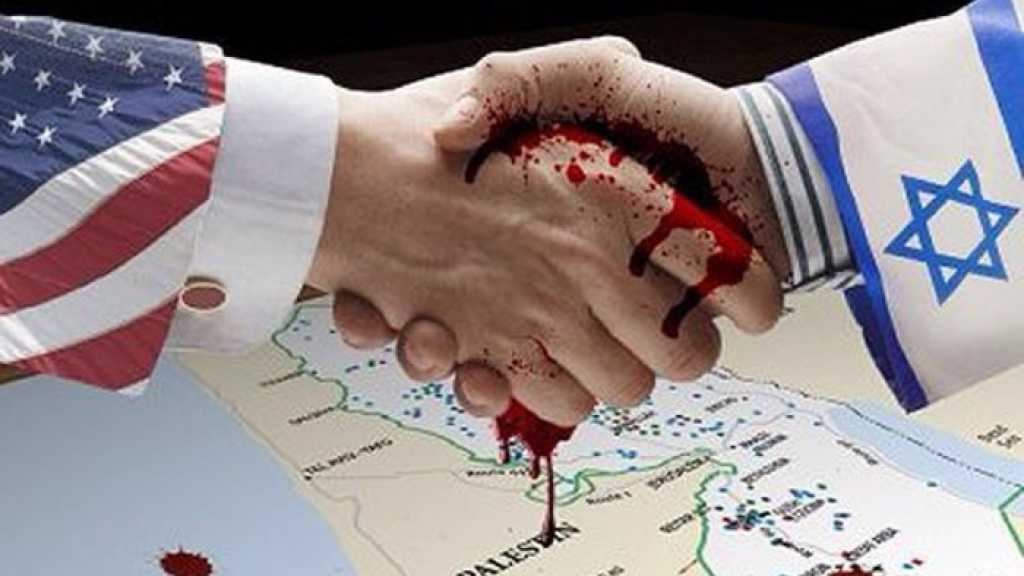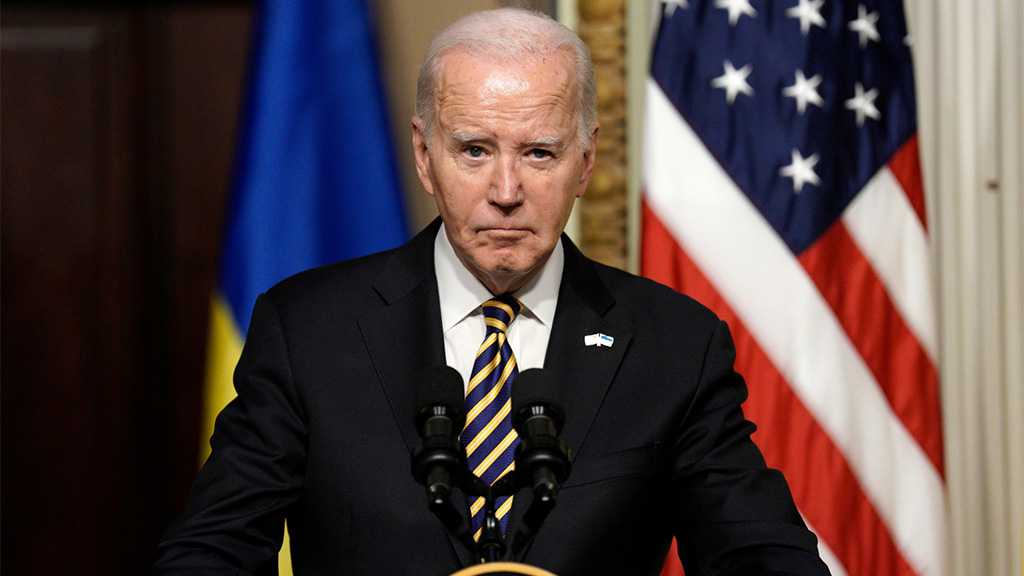
US Retracts Policy Likening War Journalists to ’Spies’

Local Editor
The US military has stepped back from a policy published last year that likened journalists to spies and suggesting they may be treated as "belligerents."
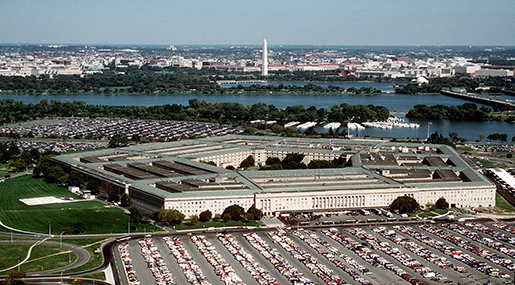
The Pentagon on Friday updated its Law of War Manual, which provides guidance and legal advice for military commanders, excising language which drew fire from news organizations.
The updated manual "contains a substantial revision to the section on journalists" reflecting "input provided by the news media," a statement from the US War Department said.
Furthermore, the agency's general counsel Jennifer O'Connor pointed out that after the manual's release last year, lawyers of the department "heard concerns brought forward by media organizations and engaged in a productive, thoughtful dialogue with journalists that helped us improve the manual and communicate more clearly the department's support for the protection of journalists under the law of war".
The statement added, "The department's mission is to defend the very freedoms that journalists exercise."
Though, the updated manual states that "in general, journalists are protected civilians" and "engaging in journalism does not constitute taking part in hostilities."
In a conference with several news organizations and media rights groups, deputy department general counsel Charles Allen said of the language: "These are nuances and matters that I didn't understand, so it was very helpful to have these meetings" with media.
Allen said the previous section may have been "too blunt" in some language.
"I just think we have a better piece of work for the legal advisors to use out in the field," he said.
One key change in the update noted that "where possible, efforts should be made to distinguish between the activities of journalists and the activities of enemy forces so that journalists' activities... do not result in a mistaken conclusion that a journalist is part of enemy forces."
That changed the prior wording which called on journalists to "to distinguish themselves from military forces" if they were reporting on war activities.
Last year, the manual's language had been written to say "reporting on military operations can be very similar to collecting intelligence or even spying" and stated that journalists, in order to avoid being mistaken for spies, "should act openly and with the permission of relevant authorities."
Another phrase which drew objections last year stated that journalists may in some cases be considered "unprivileged belligerents."
After the 2015 publication, several media organizations protested, including Agence France-Presse, which participated in the discussions with the Pentagon on the rules.
The media rights group Reporters without Borders called last year's shift "the kind of ammunition certain repressive countries like Iran, Syria, and China would seek out to support their practices of censorship and criminalization of journalists."
The New York Times also called for modifying that language, warning it could make the work of journalists covering armed conflict "more dangerous, cumbersome and subject to censorship."
For the 2016 update, officials in the War Department "met with journalists and media advocacy groups, and listened to their comments and suggestions on how to improve that portion of the manual," the Pentagon statement said.
"We appreciate the willingness of journalists to constructively share their concerns with the department's lawyers. The changes to the manual reflect the department's concerted effort to address those concerns and clarify specific language," Pentagon press secretary Peter Cook said.
Delphine Halgand, US director for Reporters Without Borders, welcomed the new language, saying, "We hope that this update will help to improve the safety of journalists covering conflict, a profession that becomes increasingly dangerous every day."
Source: News Agencies, Edited by website team
Comments
